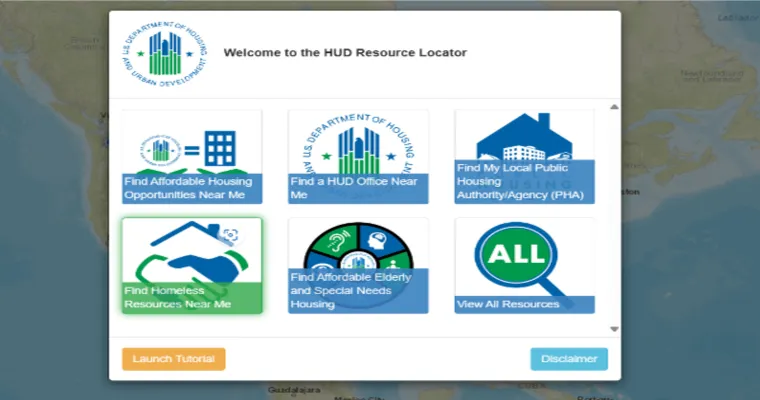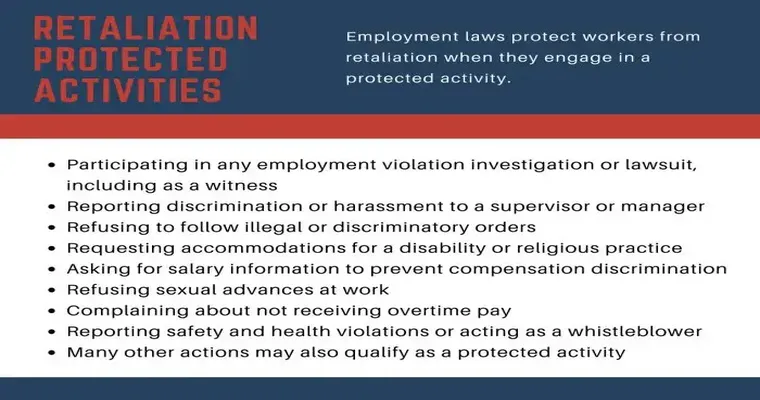Caring for an aging parent can be a challenging journey, especially when "stubbornness" and "indifference" complicate the situation. If you find yourself in a position where your "dad needs help" but seems resistant to accepting it, and your "mom appears indifferent", you may feel overwhelmed and unsure about how to approach the issue. Here are some practical strategies to help you navigate this delicate situation and encourage your parents to take your dad's care seriously.
Understand the Root Causes
Before addressing the issue directly, it’s essential to understand why your dad is resistant to seeking help. Stubbornness can stem from a variety of factors, including pride, fear of losing independence, or simply being set in his ways. Similarly, your mom's indifference may come from her own coping mechanisms or an inability to recognize the severity of the situation. Approach these conversations with empathy and patience, as understanding their perspectives can help you communicate more effectively.
Open the Lines of Communication
Start by having an open and honest conversation with both of your parents. Choose a calm and relaxed environment to discuss your concerns about your dad's well-being. Use "I" statements to express your feelings without sounding accusatory. For example, say, "I feel worried when I see Dad struggling with everyday tasks." This approach can foster a more productive dialogue and may encourage them to share their thoughts.
Provide Information and Resources
Sometimes, parents may not recognize the need for help until presented with concrete information. Research local resources such as home care services, support groups, or even medical professionals who specialize in geriatric care. Share this information with your parents, highlighting how these options can enhance your dad's quality of life. Providing tangible solutions can make the idea of seeking help less daunting for them.
Involve Other Family Members
If your parents are resistant to your concerns, consider involving other family members or close friends. Sometimes, hearing the same message from multiple sources can help break down stubborn barriers. Choose family members who have a good rapport with your dad, as they may have more influence over his decisions.
Suggest a Trial Period
If your dad is particularly resistant to the idea of assistance, propose a trial period for a specific service. For example, suggest hiring a caregiver for just a few hours a week to help with daily chores or companionship. Frame it as a temporary measure that allows him to maintain some level of independence while still receiving the support he needs. This can ease him into the idea of help without feeling overwhelmed.
Focus on His Well-Being
When discussing care options, emphasize how these solutions can improve your dad's quality of life. Highlight the benefits of receiving help, such as reduced stress, improved health, and more enjoyable family interactions. By focusing on the positive outcomes, you may help shift their perspective and make them more open to accepting assistance.
Be Patient and Persistent
Changing mindsets takes time, especially when dealing with stubbornness and indifference. Be patient and continue to express your concerns and provide support. Celebrate small victories and remain persistent in your efforts. Your unwavering dedication to your dad’s well-being may eventually encourage your parents to take the situation more seriously.
Seek Professional Guidance
If your efforts seem futile, consider seeking help from a professional, such as a geriatric care manager or a family therapist. These experts can provide objective advice and strategies tailored to your family's unique dynamics. They can also facilitate discussions that may lead to breakthroughs in communication.
Conclusion
Navigating the complexities of caring for a stubborn parent while dealing with an indifferent spouse can be incredibly challenging. By approaching the situation with empathy, providing valuable information, and being patient, you can encourage your parents to take your dad’s care seriously. Remember, this journey is not just about seeking help; it’s about enhancing your dad’s quality of life and ensuring that he receives the support he deserves.





